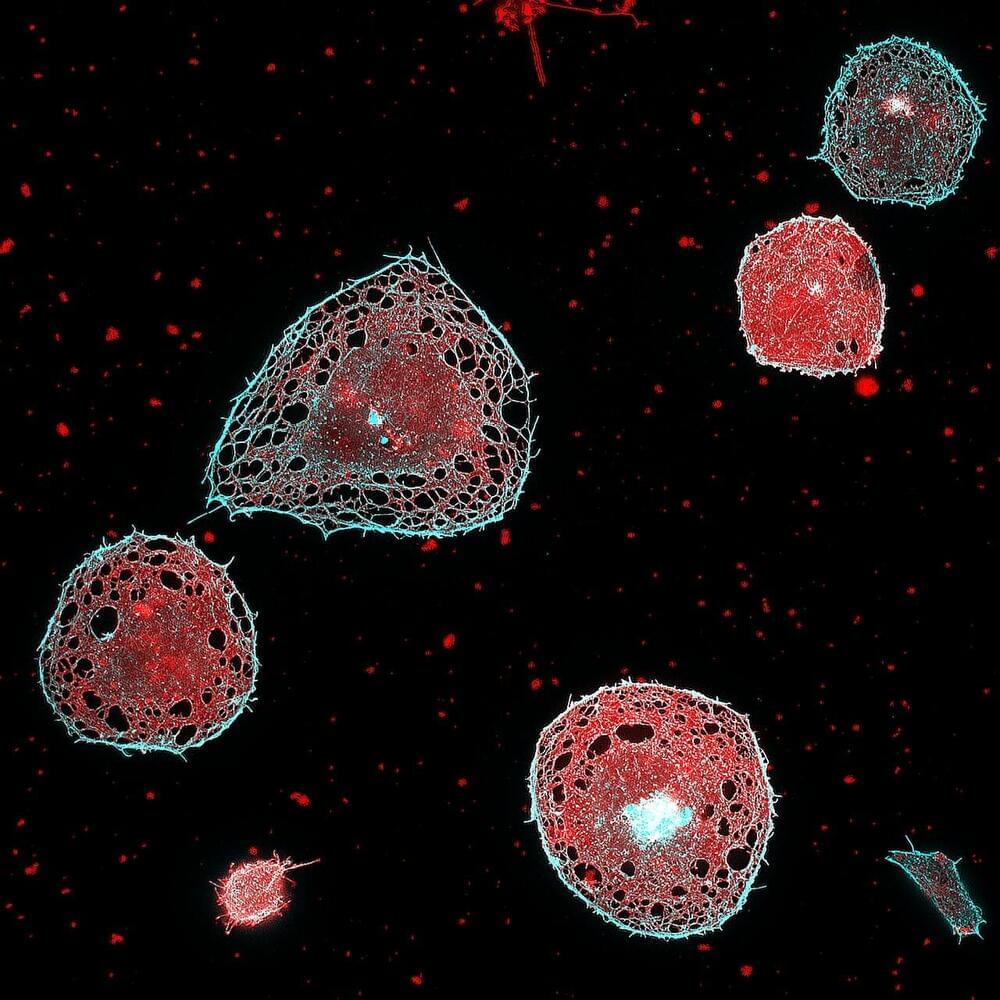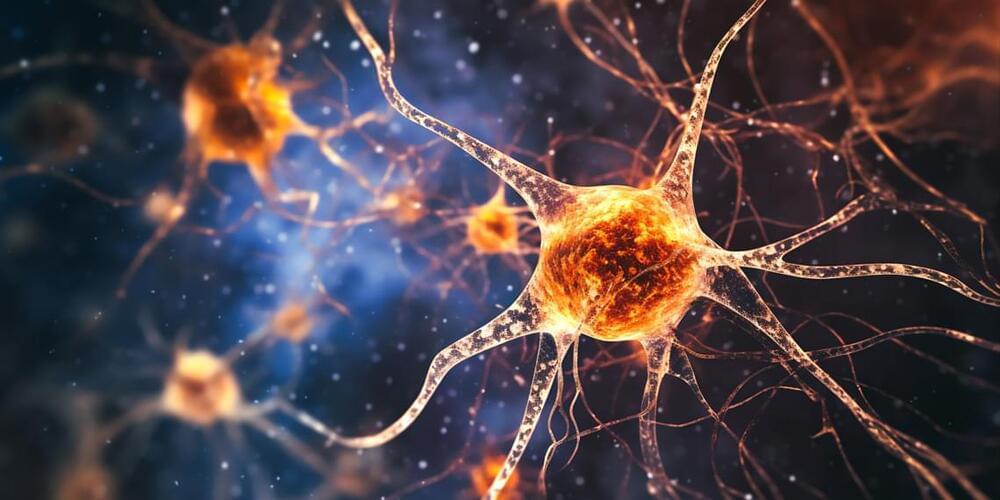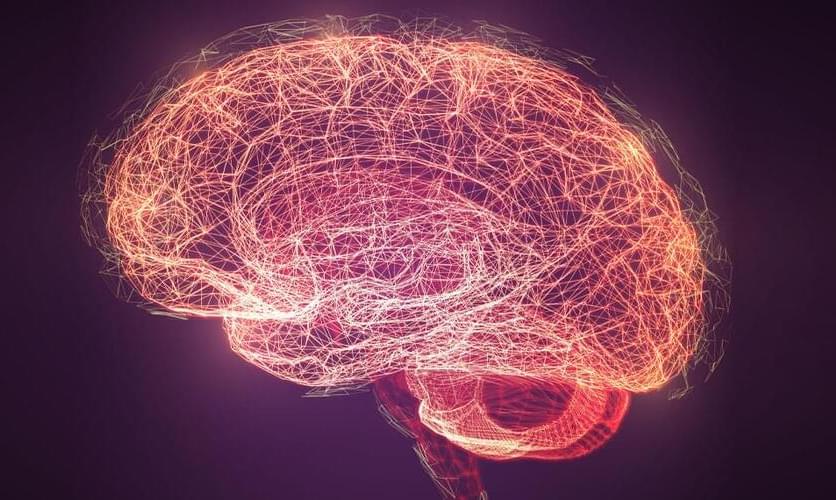Aug 17, 2023
Extracellular Vesicles from Stem Cells Reverse Senescence
Posted by Shubham Ghosh Roy in category: biotech/medical
Scientists have found that bubbles secreted by embryonic stem cells counter cellular senescence, in large part due to just two tiny snippets of RNA [1].
Extracellular vesicles (EVs) are membrane-bound tiny bubbles that are loaded with various molecular cargo, such as proteins, DNA, or RNA, that cells secrete as a method of intercellular communication. According to numerous studies, EVs can recapitulate many effects of cellular therapies, such as stem cell treatments [2].
In this new study, the researchers used EVs derived from human embryonic stem cells (ESC) against cellular senescence. ESCs are considered a potent therapeutic, tool but, as the study’s authors note in the introduction, their use “is limited by immune rejection, tumorigenicity and ethical issues”. If we could culture ESCs and use EVs secreted by them to the same effect, this would solve many problems.

















